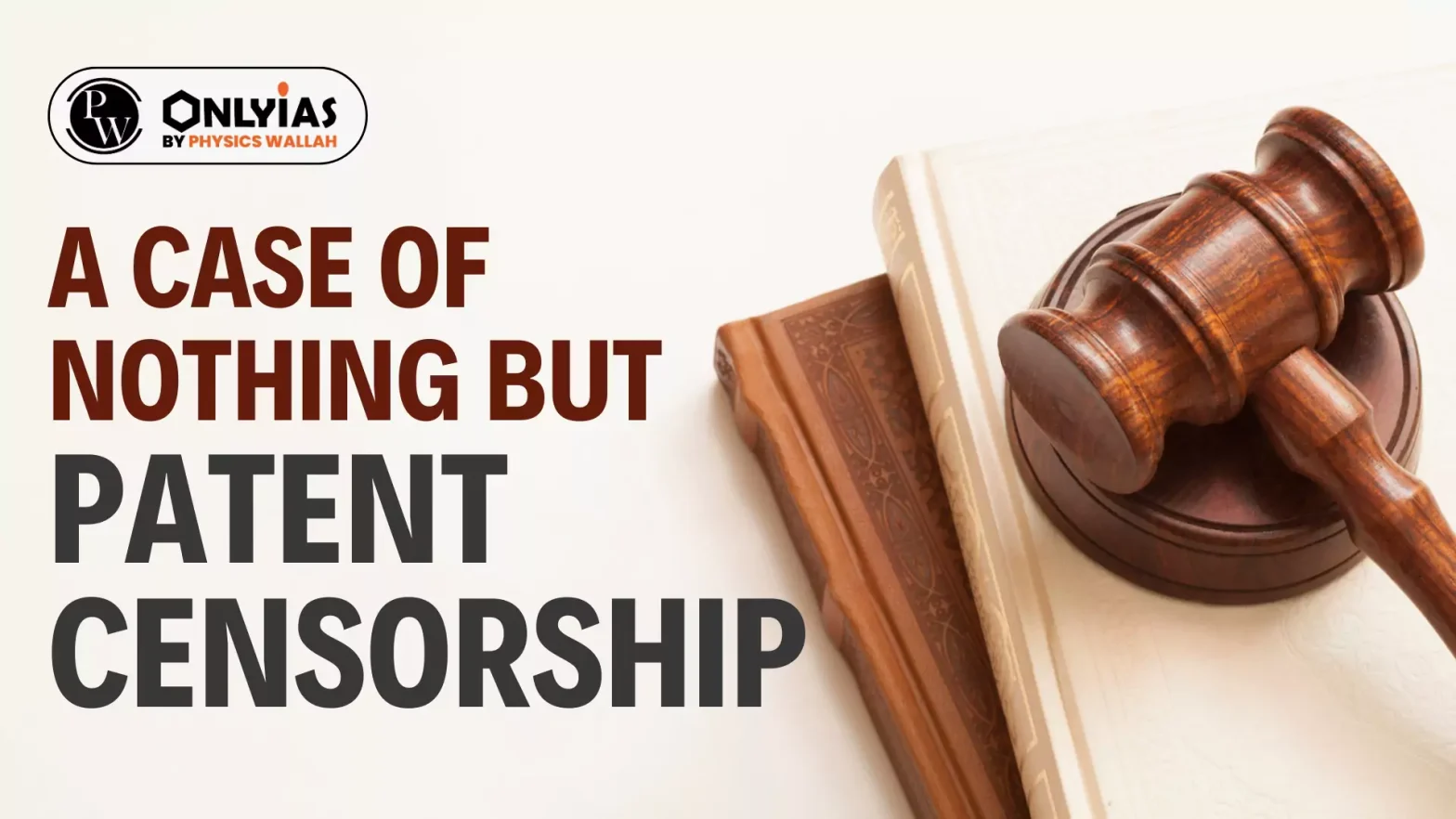Recently, the Bombay High Court’s ruling on the amendment to the IT (Intermediary Guidelines and Digital Media Ethics Code) Rules, 2021, reaffirms the essential right to free speech by striking down provisions that allowed the government to label information as fake without clear standards.
- About the Case: The case revolves around the constitutional validity of an amendment made to the Information Technology (Intermediary Guidelines and Digital Media Ethics Code) Rules, 2021 (IT Rules), specifically Rule 3(1)(b)(v) in 2023.
- Under this amendment, the government established a Fact Check Unit responsible for identifying fake news about the government and its work.
- This unit has the authority to label any information about the government as fake, false, or misleading.
- If the Fact Check Unit finds any incorrect information, it must communicate this to the intermediaries, which include social media platforms and internet service providers.
- These intermediaries are then obligated to prevent the hosting, display, uploading, or publishing of such information.
- Intermediaries must delete or take off the tagged fake news as identified by the Fact Check Unit; failure to do so would result in the government revoking their “safe harbour” immunity. This immunity is granted under Section 79 of the IT Act, 2000, which protects them from liability for third-party content.
- The rule was challenged by petitioners who argued that it violates the right to free speech under Article 19(1)(a) of the Constitution.
Enroll now for UPSC Online Course
- Safe harbour for digital platforms refers to legal protections that shield online intermediaries from liability for user-generated content, provided they follow certain guidelines. This immunity ensures that platforms aren’t held accountable for content they didn’t create while encouraging responsible moderation practices.
- For example, if, in the future, some content is posted that could incite riots, platforms like Facebook and Twitter won’t be interrogated because they are protected by this immunity.
|
Petitioners’ Arguments
The petitioners challenged this rule in the Bombay High Court, arguing that it violates constitutional protections such as freedom of speech and expression. Their key arguments included:
- State’s Appropriation of Power: The government’s power has significantly increased as it assumes the authority to determine what information is fake or misleading.
- This breach of constitutional boundaries on restrictions to free speech could lead to the government misusing these provisions to suppress criticism or anything that could negatively affect their electoral prospects, which would not be good for democracy.
- Overreach Beyond the Constitution: The rule does not align with the recognized restrictions on free speech outlined in Article 19(2) of the Constitution, which limits free speech for reasons such as defamation, public order, and security.
- The issue of “fake news” is not mentioned among these recognized limitations.
- Less Intrusive Alternatives Ignored: While countering fake news is necessary in today’s context as it poses a challenge to democracy, the petitioners argued that the government ignored less intrusive methods to tackle it.
- Instead, they imposed heavy obligations on intermediaries that would discourage free speech online, thereby exceeding constitutional boundaries.
Check Out UPSC NCERT Textbooks From PW Store
Government’s Arguments
The Union government defended this by presenting following arguments:
- Non-Coercive Nature: The government argued that the rule was not coercive.
- Intermediaries were free to contest the Fact Check Unit’s (FCU) instructions and were not forced to comply immediately.
- They could challenge the loss of safe harbour in appropriate legal proceedings.
- No Protection for False Speech: The government maintained that there is no constitutional protection for fake or misleading information.
- Therefore, the rule fell well within the government’s power to regulate online content, particularly in the public interest to prevent misinformation.
Court Verdict and Reasoning
After hearing both sides, the Bombay High Court ruled that Rule 3(1)(b)(v) was unconstitutional and struck it down. Justice Chandurkar cast the deciding vote, leading to the following reasoning:
- Chilling Effect on Free Speech: The court emphasised that the rule had a “chilling effect” on free speech.
- Intermediaries, under the threat of losing safe harbour, would likely remove any information flagged by the government, resulting in self-censorship.
- This could include content that critiques the government but is truthful, thus negatively impacting free speech.
- Vagueness and Overbreadth: The rule was seen as overly vague and broad, granting excessive powers to the government to determine what content was false or misleading, without proper safeguards.
- Hobson’s Choice for Intermediaries: Hobson’s choice refers to a situation where only one option is available, essentially a “take it or leave it” scenario.
- The court noted that intermediaries faced a Hobson’s choice: either take down content flagged by the FCU or risk losing their legal immunity under safe harbour, which is crucial for their business.
- This situation undermined both the business model of intermediaries and the citizens’ right to free speech.
- No Constitutional Basis: The court found that there is no provision under Article 19(2) of the Constitution that allows for restrictions on speech solely because it is deemed false or misleading.
- The government cannot be the ultimate arbiter of truth in this context, as it contradicts the constitutional right to free speech.
Enroll now for UPSC Online Classes
Conclusion
The Bombay High Court’s decision to strike down the amendment reinforces the judiciary’s crucial role in safeguarding freedom of speech and expression, highlighting its commitment to uphold democratic values. This ruling not only protects individual rights but also serves as a vital check on governmental overreach, ensuring that democratic principles remain intact in the face of emerging challenges in the digital landscape.
![]() 3 Oct 2024
3 Oct 2024
